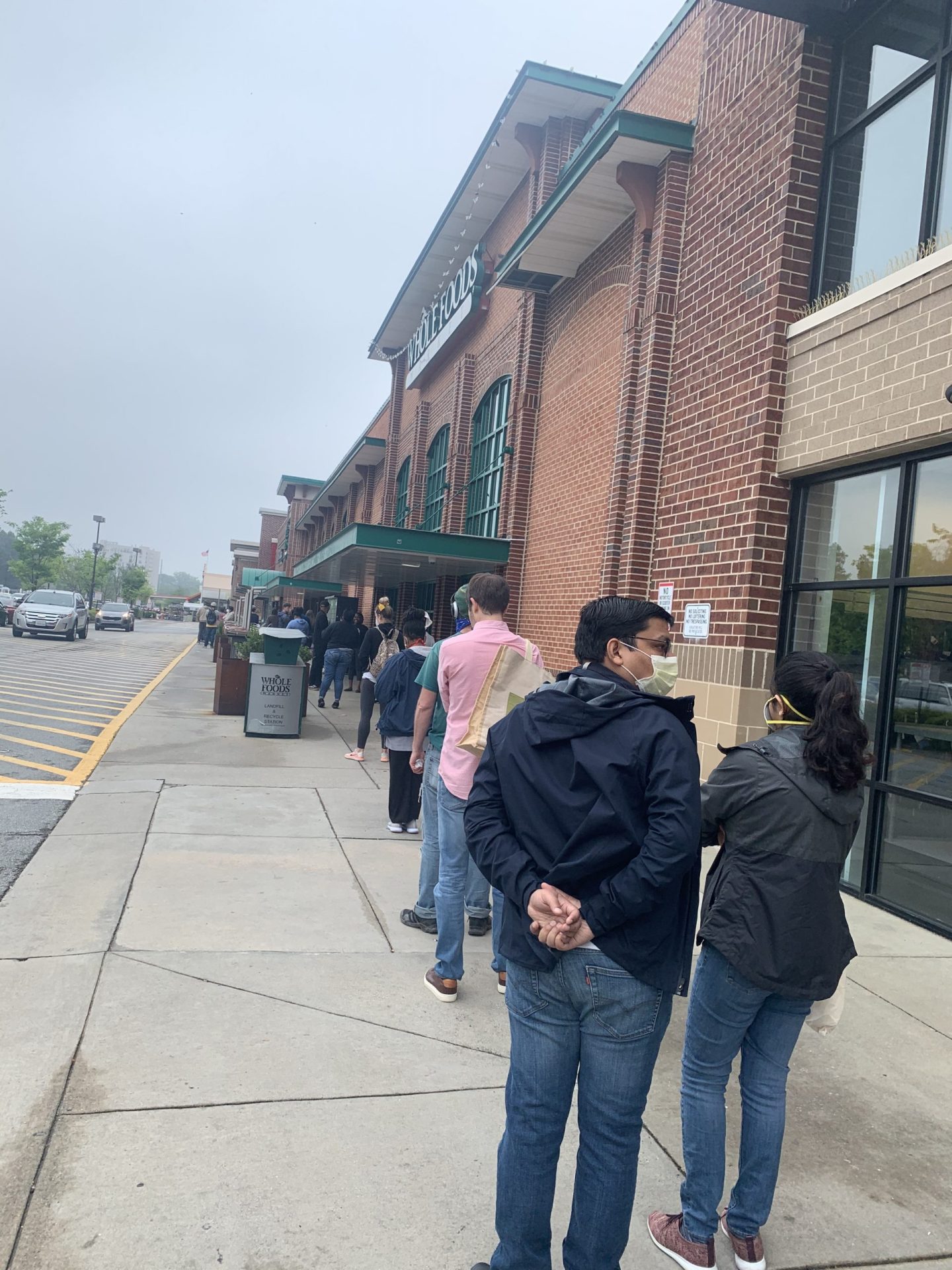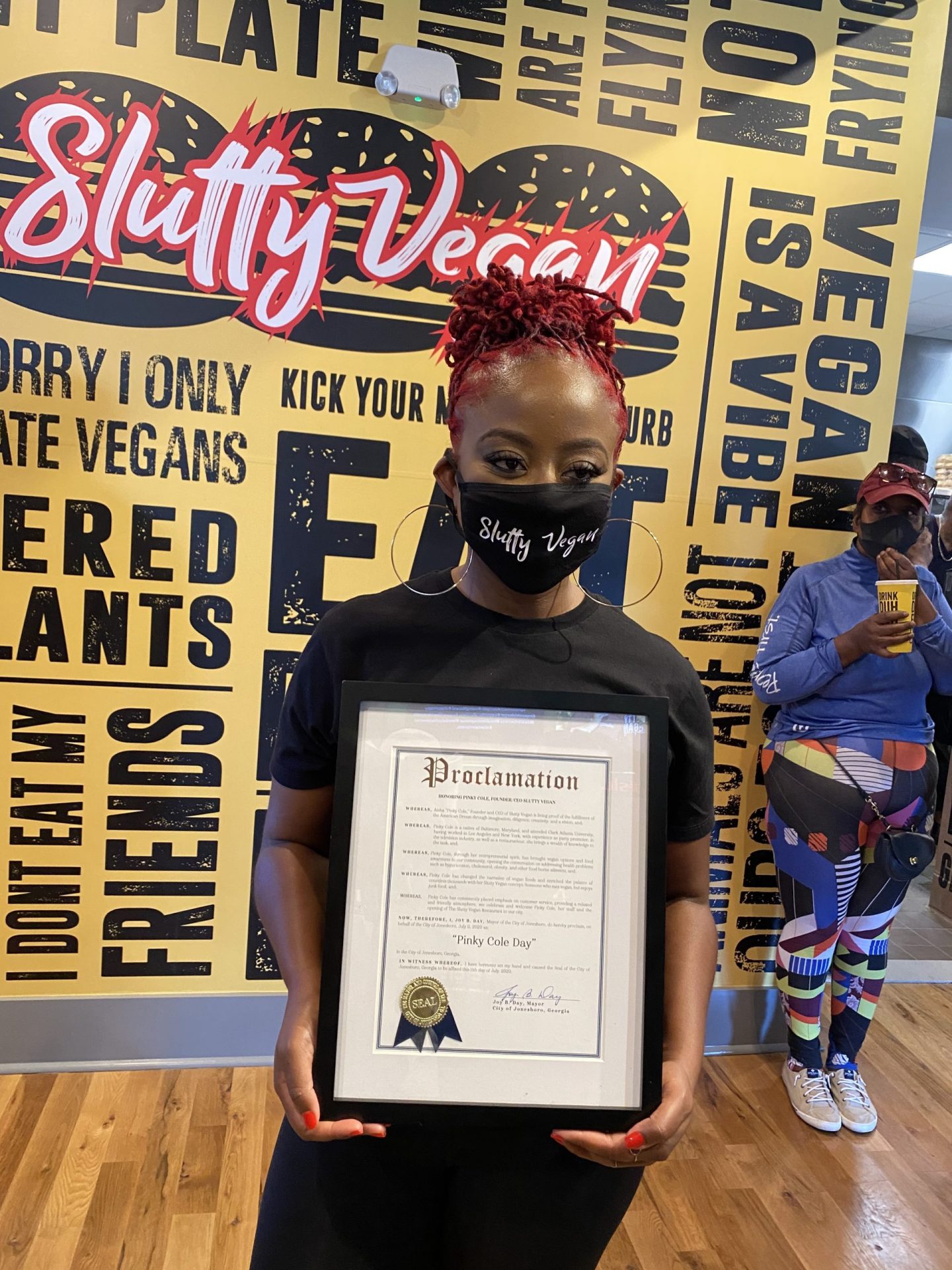
Food insecurity is a growing problem in black families, with more than one-third of African Americans experiencing food insecurity. This issue has been exacerbated by the economic and health impacts of COVID-19.
The leading causes of food insecurity among African American households include poverty, unemployment, lack of access to healthy foods, and inadequate education about nutrition. These are all interconnected issues that can have a profound effect on the ability to provide adequate meals for family members. Additionally, there are other systemic factors such asracism and discrimination that contribute to the high rate of food insecurity among black families. With this knowledge in hand, we can begin to address these issues head on and work towards finding solutions that will help reduce or eliminate food insecurity within this population.
One potential solution to reduce food insecurity among African American families is to improve access to healthy, affordable foods in their local communities. This could be done through initiatives such as grocery store conversion programs, urban farms and community gardens, farmers’ markets, and the promotion of nutrition education. Additionally, providing incentives for businesses that offer healthy food options could further increase the availability of nutritious meals.
Another method of addressing food insecurity within black households is through increased financial assistance or employment opportunities. Programs like SNAP (Supplemental Nutrition Assistance Program) can provide a critical lifeline to individuals experiencing hardship due to poverty or unemployment. Furthermore, investments in job training and placement services can
help people gain skills they need to secure sustainable employment that will bring additional income into the household.
Finally, increased public awareness and education about food insecurity and food deserts its implications is essential in order to promote change. Raising awareness of how systemic racism and discrimination cause food insecurity can help to motivate individuals, as well as institutions like government, schools, businesses, and other organizations to take actionable steps toward eliminating hunger in African American communities.
Food insecurity is a complex issue that requires a multifaceted response from both individuals and institutions in order to ensure that all families have access to nutritious meals. Through initiatives such as improving food access, providing financial assistance, and increasing public awareness we can begin to make strides towards ending hunger among African Americans. With the collective effort of everyone involved, we can help create healthier, more secure households for generations to come.
The US Census Bureau estimated that 21.2 percent of African Americans were living in poverty in 2019, compared to 10.5 percent for all other races combined. This disparity has been exacerbated by the economic and health impacts of COVID-19, with black households disproportionately affected by job loss and income decline. Additionally, African American households are more likely to be food insecure due to a lack of access to healthy foods and nutrition education.
The lack of employment opportunities is another major factor contributing to food insecurity in black communities. Studies show that African Americans face systemic racism and discrimination when it comes to employment, making it harder for them to secure jobs with livable wages or career advancement opportunities. As such, when job loss occurs due to economic downturns or illness, they are more vulnerable to hunger and poverty than other racial groups.
Inadequate education about nutrition is also a key factor in food insecurity among African American families. Limited access to information on proper nutrition can lead families to make poor choices when it comes to what they eat or have difficulty planning meals on a budget that provide enough nutrients for everyone in the household. Furthermore, there may be a lack of knowledge about government programs that can provide assistance in times of need, leaving many families unable to access food aid even if they qualify for it. To address these issues effectively it’s important not just for individuals but also organizations like businesses, schools, and government institutions to take action towards reducing food insecurity across all races and backgrounds.
Community-based initiatives like food pantries, meal delivery services and urban gardening projects are great ways to increase access to healthy food in low-income neighborhoods and ensure no one goes hungry. These programs help to bridge the gap between those who have access to nutritious foods and those who do not.
Additionally, providing financial assistance and job training opportunities can help families build economic stability while promoting self-sufficiency in the long run. Finally, increased public awareness and education about food insecurity and its implications is essential in order to promote change. Raising awareness of how systemic racism and discrimination cause food insecurity can help to motivate individuals, as well as institutions like government, schools and businesses, to take action and make a difference. By addressing the underlying causes of food insecurity among African Americans, we can help create healthier, more secure households for generations to come.












